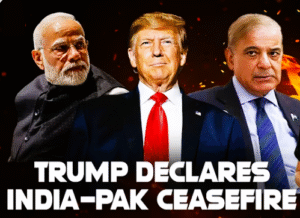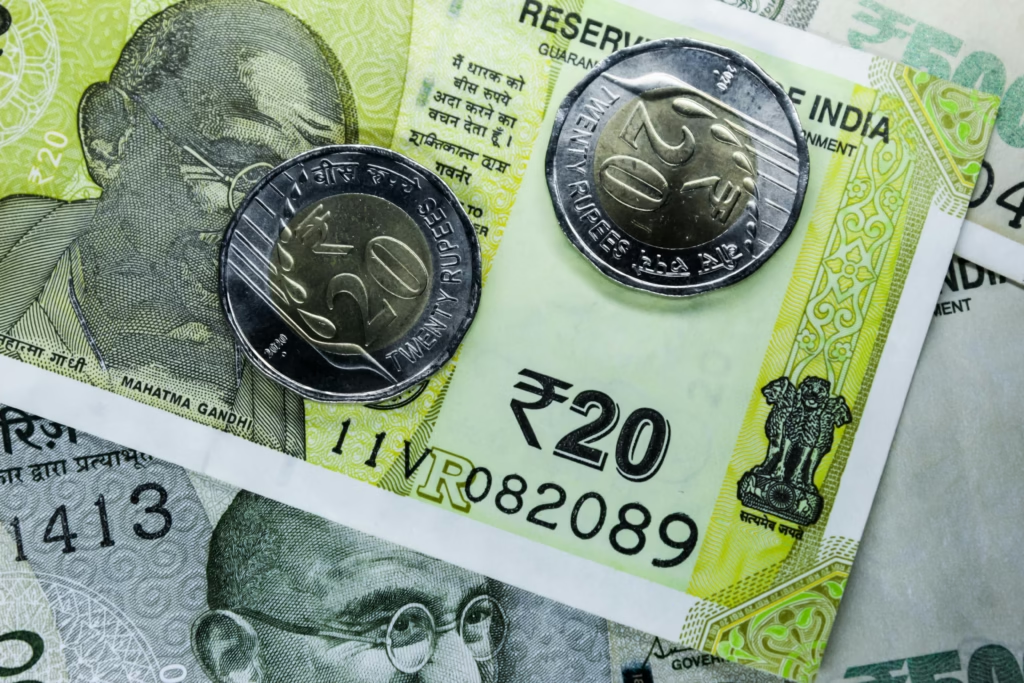India and Pakistan have agreed to a ceasefire, which means both countries will stop all military activities—on land, in the air, and at sea—from May 10 evening.
Also, Government of India has made it clear that “Any future terror attack on its soil will be treated as an “act of war” and will face a strong response.

India confirms Ceasefire with Pakistan
Key Points:
-
India agreed on its own terms: Pakistan reached out for talks, but India made it clear that any ceasefire would only happen under its own conditions.
-
No third-party involved: This agreement was made directly between India and Pakistan. No other country played a role in the talks.
When did the ceasefire start?
On May 10, at around 3:35 PM, Pakistan’s Director General of Military Operations (DGMO) called his Indian counterpart.
- They agreed to stop all firing and military actions starting from 5:00 PM (IST).
Why now? On April 22, there was a terror attack in Pahalgam. In response, India carried out Operation Sindoor on May 7, targeting terrorist camps in Pakistan and Pakistan-occupied Kashmir (PoK).
Next steps: The two DGMOs will speak again on May 12 at 12:00 noon to review the situation and ensure the ceasefire is being followed.
Talks with the US too: During the ceasefire discussions, Indian NSA Ajit Doval and Foreign Minister S. Jaishankar also spoke with American officials. However, Prime Minister Narendra Modi made it clear that the final decision would be taken by India alone.
In short:
A ceasefire is now in place between India and Pakistan, but it happened after Pakistan requested talks and India agreed only on its own terms. The future of peace now depends on how both sides follow this agreement.











